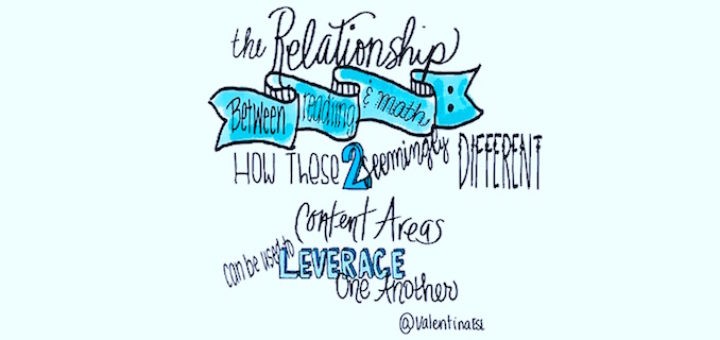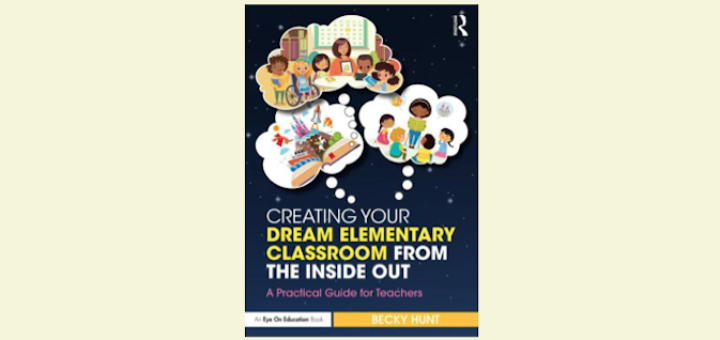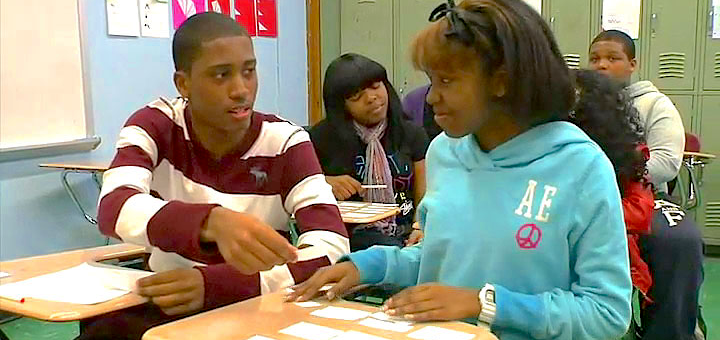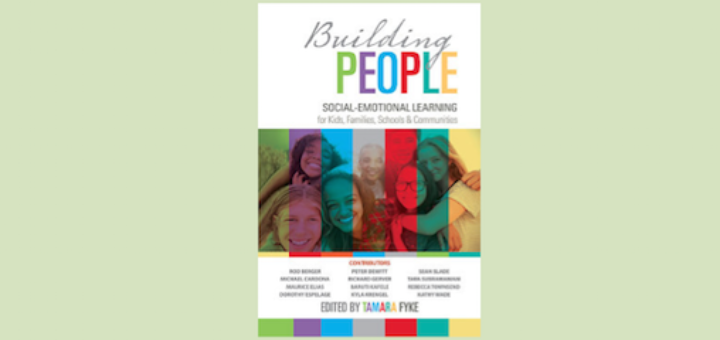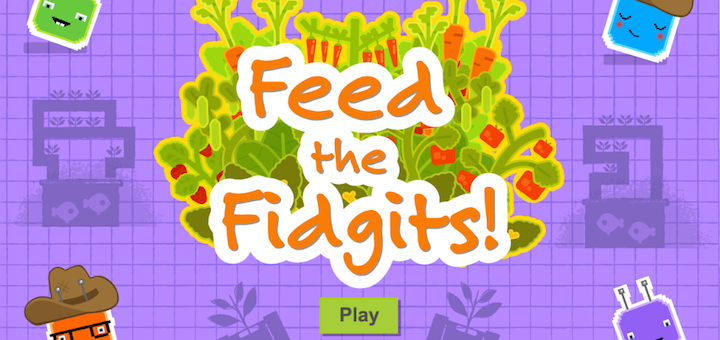Teaching and learning in grades 4-8
It’s important to recognize how the skills we use to learn different subjects are related, says Valentina Gonzalez. Show your students who are good in math how to leverage their success and apply it to reading. And vice versa. It’s all about carrying over our strengths!
Wondering how to set up your new classroom? Or just ready to make some changes in your familiar space? Creating Your Dream Elementary Classroom is the book for you, writes teacher educator Linda Biondi. It’s filled with ideas from pros to benefit newbies and vets in grades K-6.
It’s not a simple matter to separate photojournalism from visual propaganda intended to sway emotions and opinions. Drawing in part on iconic images from Dorothea Lange’s career, expert Frank Baker explores the question and shares SEL and media literacy lesson resources.
School in Spring. Freedom so close you can taste the poolside popsicles. Teachers open windows for a waft of fresh air. Sunny dispositions abound. Students squirm but they learn. Except, writes teacher Laurie Lichtenstein with weary humor, this is MIDDLE school. In Spring.
There’s lots to know about the art of assessment, writes master teacher Cheryl Mizerny, but the main goal is to provide opportunities for all kids to show their understanding to the best of their ability. Her before, during, and after assessment tips can make things fair.
Michelle Russell’s plan to end the year with some “serious teaching” has quickly collapsed under the weight of special events. That’s okay. “It came to me eventually that I also want to enjoy the last few weeks I will have these students.” Here’s what she decided to do.
Building People is like a panel discussion on the current state of social emotional learning with 12 authors looking at where SEL is, its future, and ways to use SEL to help kids succeed. Teacher leader Laura Von Staden finds the book a useful if one-sided resource.
Anna J. Small Roseboro offers educators a trio of books filled with an assortment of reading and writing strategies for teaching middle school students. Both veteran and beginning teachers will find any of these titles useful, writes education consultant Anne Anderson.
Returning from the 2018 NCSS conference, Sarah Cooper reignites her US history unit on reformers to deepen student understanding about historical, current and future activism. Learn more about the 10 Changemaker Questions she used to create a sense of action in her classes.
The final bell of the year will soon ring, but teachers still have the opportunity to provide students with encouragement, tools, and an expectation to play, explore, and discover the world outside school. Curtis Chandler’s post overflows with STEM resources to do just that.

